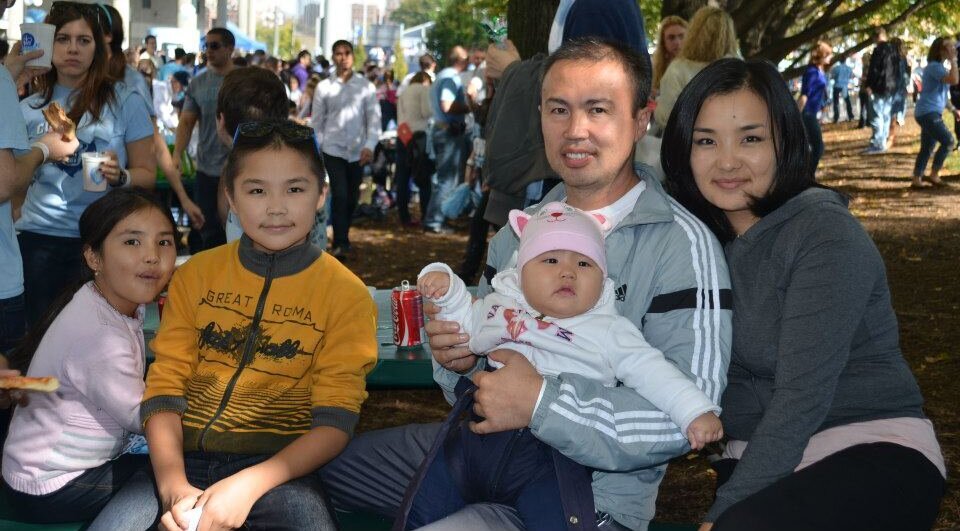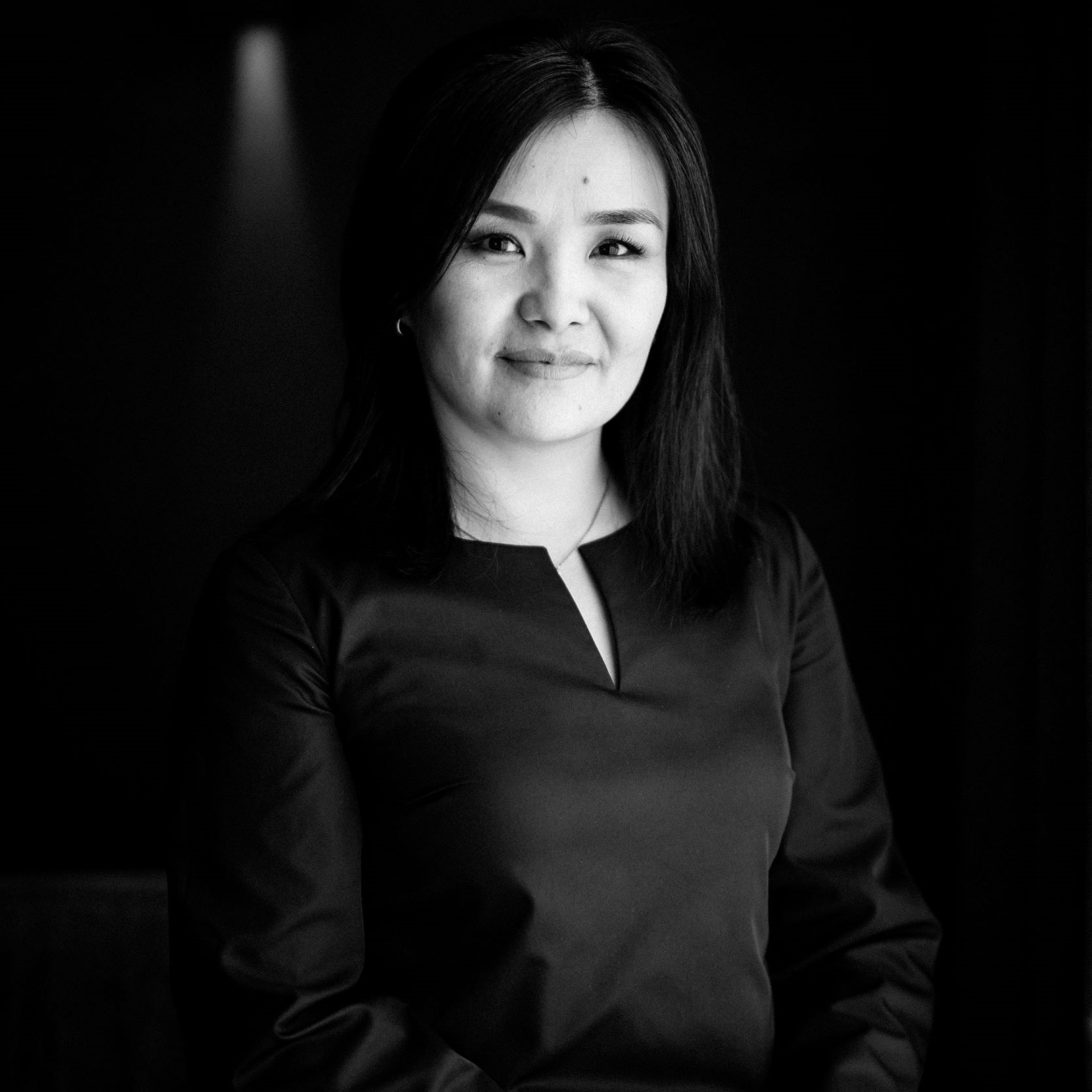Unwanted Girls
This article was first published on the website of The Guardian on July 4, 2023.
In the central Asian republic of Kyrgyzstan, giving birth to more than two girls in a row can result in women being subjected to terrifying pressure and even domestic abuse.
My father did not come to the hospital when I was born. I only discovered this later. In Kyrgyzstan, parents often wish for sons. When a girl is born first, it is no problem – a son is still likely to come. When the second child turns out to be a girl, the family begins to worry.
People begin to pray. They might sacrifice a ram, study Eastern calendars to determin which days are good for conception. God forbid if the third child turns out to be a girl. For many families, this is when it becomes a serious problem.
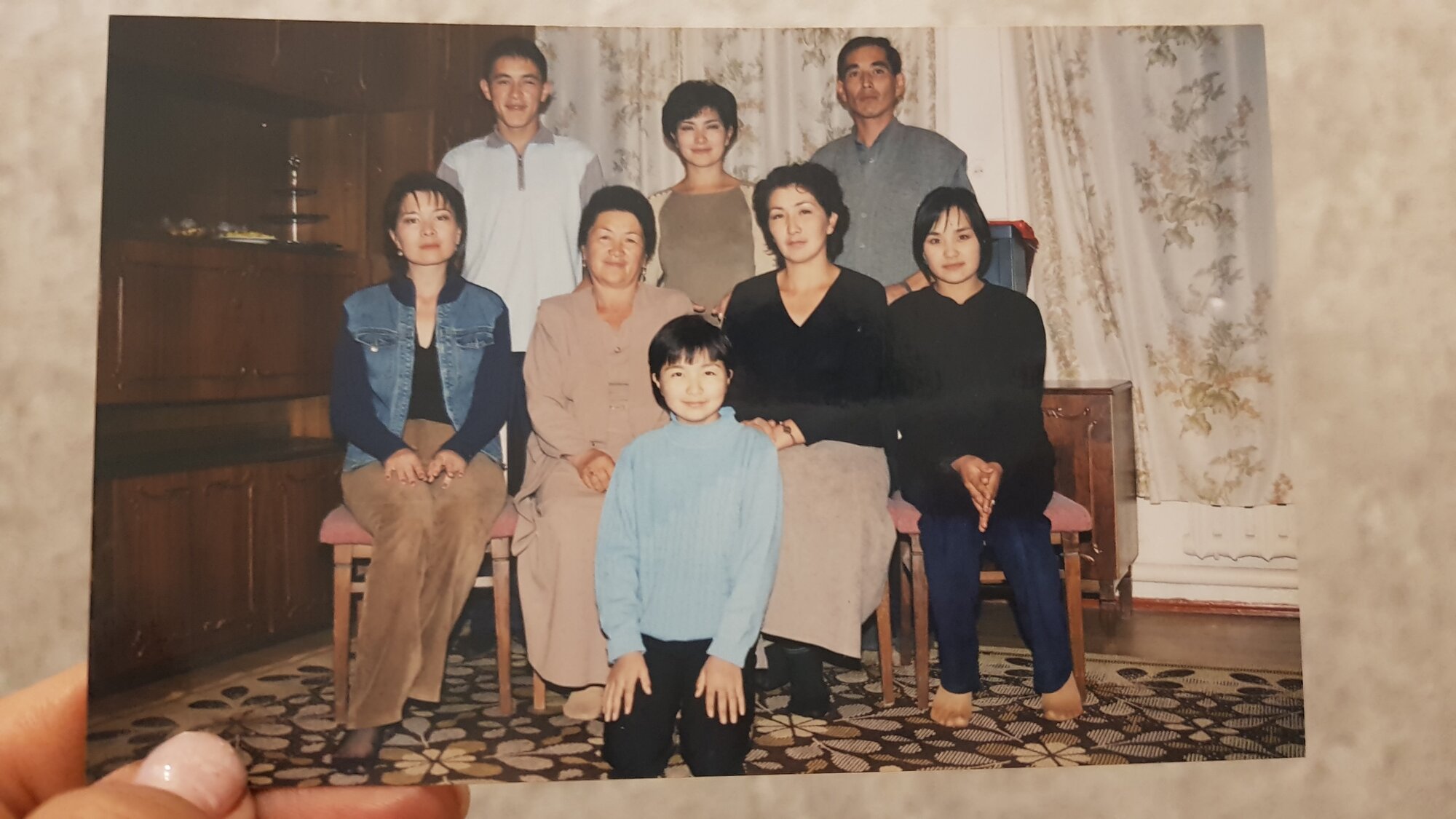
Pressure from all sides
Women face pressure from all sides: society, their in-laws and their own husbands, who often accuse them of being at fault. This leads to quarrels, domestic violence and even divorce, after which a woman can be left even more vulnerable than before. The problem is growing worse as religion grows in strength and economic conditions deteriorate.
When Zhyldyz had her first daughter, everyone was happy. But when the second and third daughters were born, she was beside herself with worry. She went through all kinds of traditional medical procedures, as well as visiting clairvoyants to receive guidance on giving birth to a boy, but again a daughter was born.
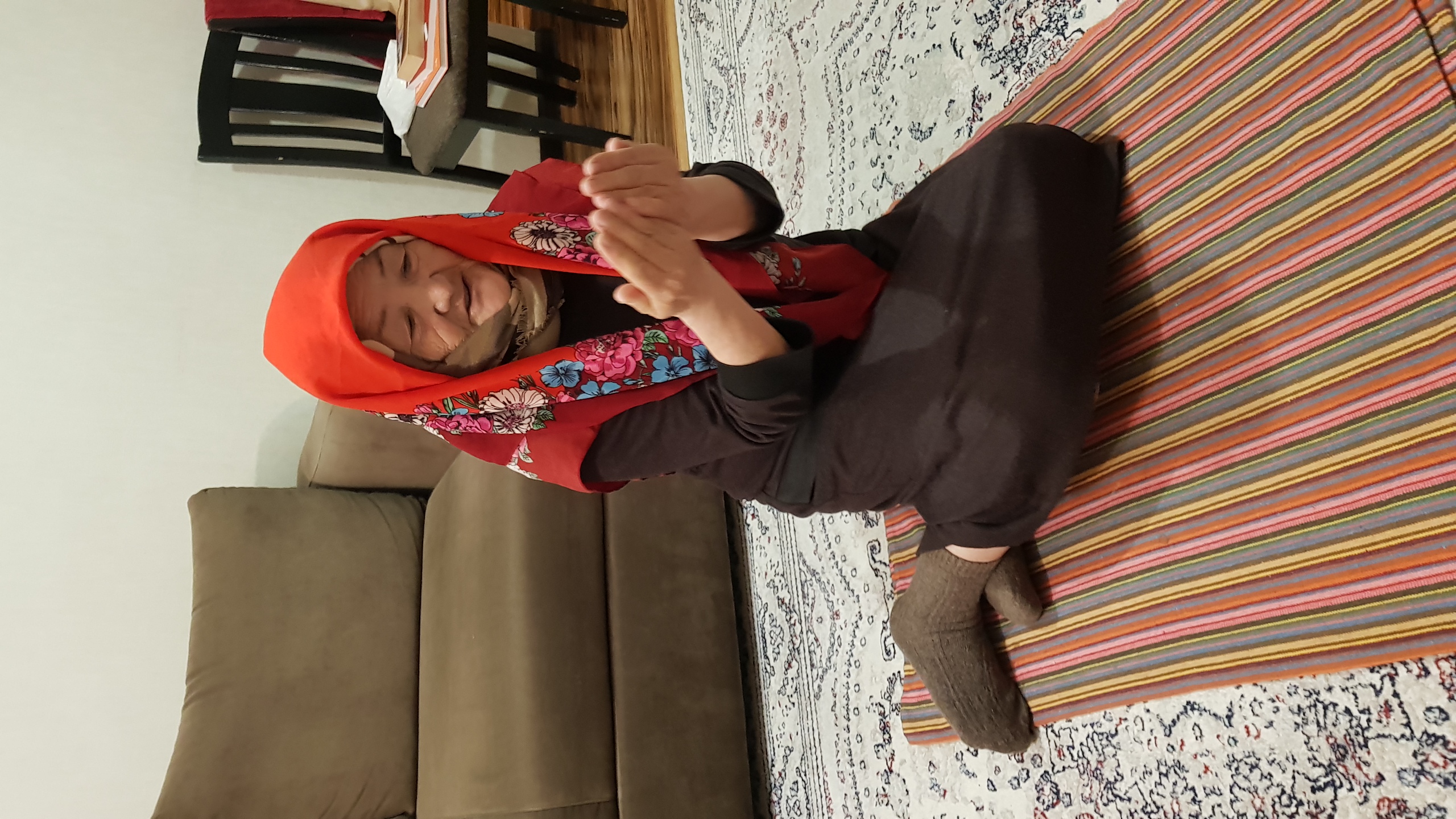
Finally, she and her husband decided to do an expensive IVF (in-vitro fertilisation) treatment abroad, which gave them the chance to choose the sex of the child for themselves. Her husband was overjoyed.
At last, he would have a son. He built a large sports hall, where he and his son would play. But again, she gave birth to a daughter. “Every day, I look at the playground and feel sadness and hopelessness; I don't know what to do,” says Zhyldyz.
"Any child is a gift from God"
Kunduz faced a similar situation, but had a different outlook. Despite the fact that she has four daughters, she and her husband feel no regret, nor did they face any disagreements. Her husband is a deeply religious man and says that any child is a gift from God: the sex of the child is the will of God alone. Her husband is happy regardless, and grateful to his wife for his daughters.
In cases like these, religion can have a positive effect on the husband's perceptions. But Kunduz still wants to have a boy someday. “It would be nice, of course, to give birth to a son,” she says. “But I’m already forty and unlikely to give birth to another child,” she sighs.
Asylkan waited 14 years for the birth of her son. Before that, when her husband was drunk, he beat her severely, blaming her and demanding that she give birth to a son. She remembers that in the sixth month of one of her pregnancies, he beat her again severely and she almost lost her child. Luckily, the baby was born healthy – a girl. After continuous beatings and the birth of six daughters, she finally gave birth to a son. Everyone was happy – the husband arranged grandiose celebrations, inviting all his relatives and friends.
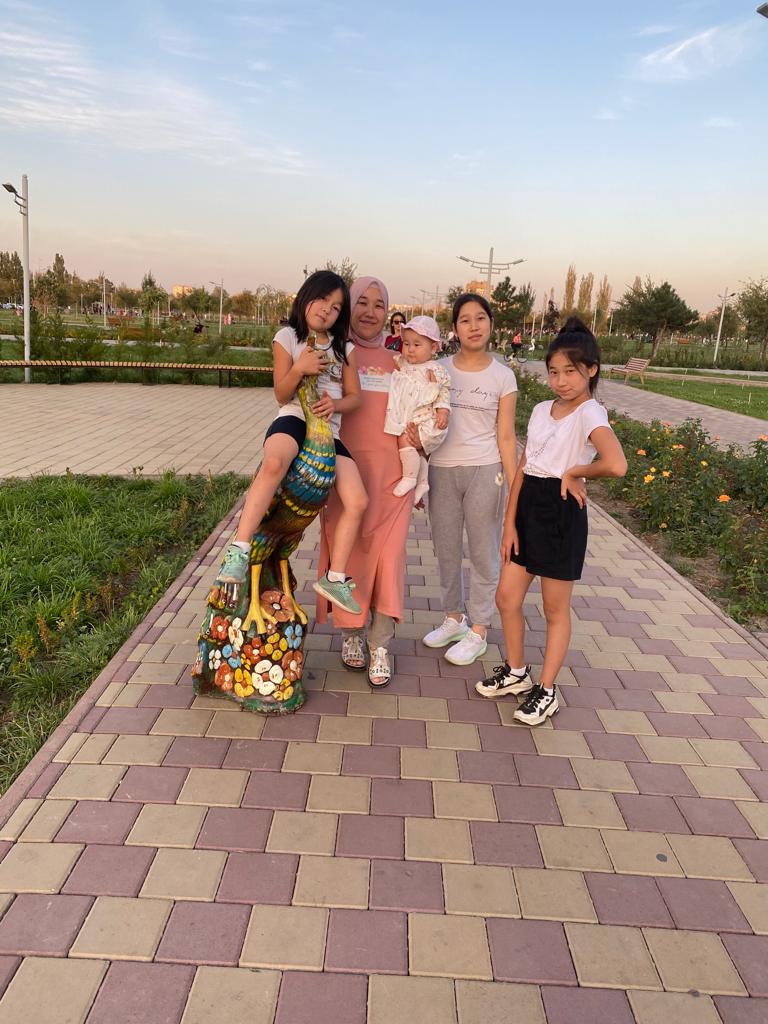
Forty years later, the boy is a man who is spoiled and irresponsible. He has always caused trouble within his family, upsetting his parents and making a lot of problems. One of the daughters, initially undervalued and beaten, became successful, someone on whom the rest of the family depends. The other daughters also turned out to be successful businesspeople and formed their own happy families. When Asylkan reminds her husband of the past, he says he does not want to talk about it; he feels ashamed and regrets the way he acted.
Chances are not equal
For years, Aminat Baitikova, the chief physician of the first Bishkek Maternity Hospital, has tried to explain that the sex of the child depends on the man, that the sperm delivers the x or y chromosome, but this fact is often ignored by men.
The issues continue throughout childhood. In Kyrgyzstan, development and learning opportunities are often reserved for boys, while girls are relegated to housework. It is the son who is exempt from housework so that he has more time to study, and later in life it is the men who are more likely to get well-paid, prestigious jobs.
Women make their way through an unfair system
The fate of a girl is to do household chores, take care of relatives and study for a profession that results in the service of others, such as a teacher, doctor or nurse. It is important that this profession does not interfere with family life. Despite this, girls and women make it through a system where obstacles are thrown up at every stage to obtain a good education, decent work and become successful.
The ex-President of Kyrgyzstan, Roza Otunbaeva, and one of the founders of the modern women's movement in the country noted that today we, the women of Kyrgyzstan, hold our heads proudly, talk about women's issues and leadership. 1
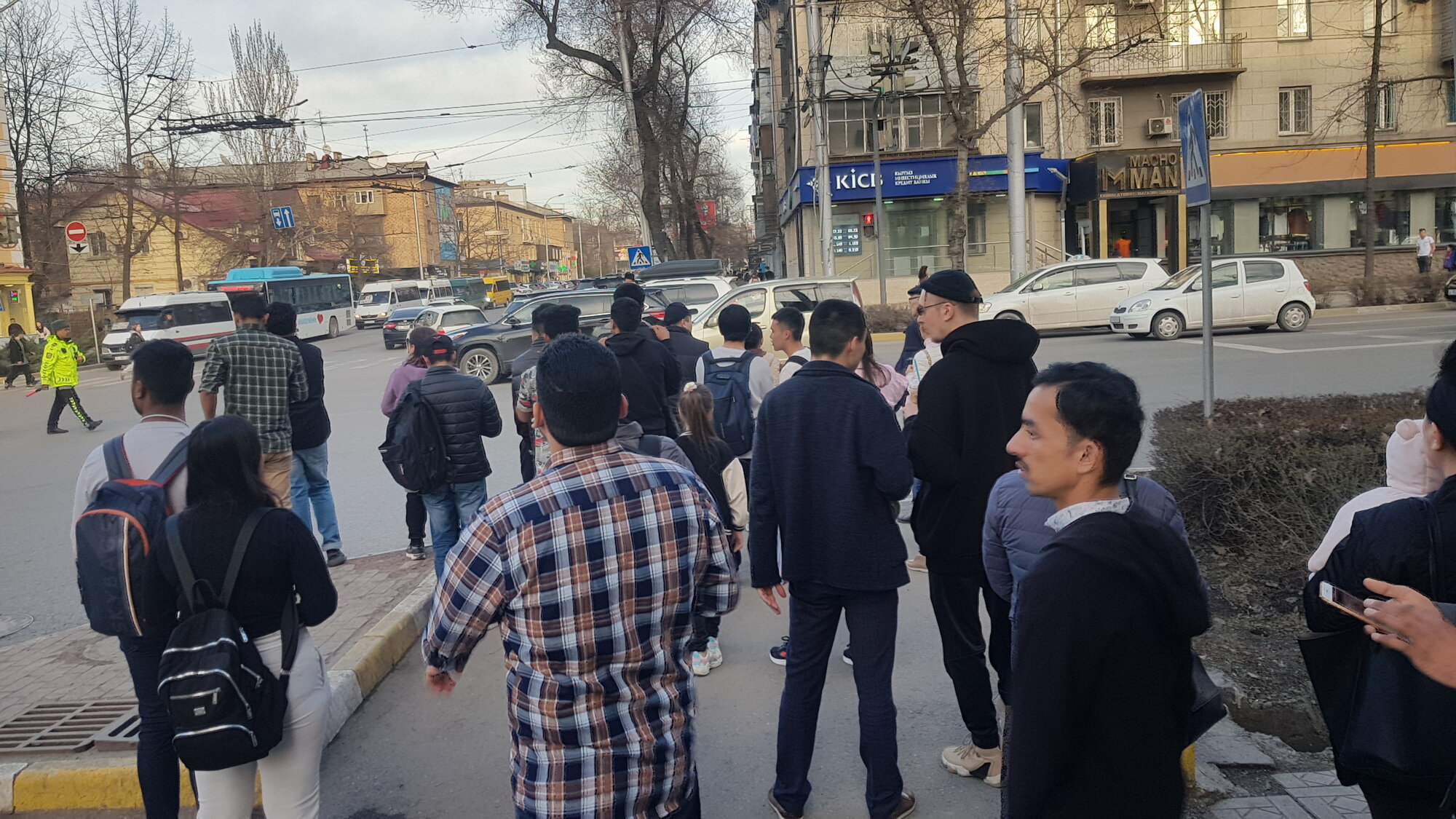
Women make up the majority of Kyrgyz civil society
One example is civil society in Kyrgyzstan, around 90% of which is composed of women. They actively promote democratic values, protect human rights, solve social problems, provide humanitarian assistance in emergency situations and act as a bridge between the population and the authorities.
I, too, was a disappointment to my father. He was so upset to have another girl he would not come to the hospital and so my uncle came to name me. Later, he changed his behaviour and opinion. I have no resentment towards him because he turned out to be the best thing I have ever had in my life.
But many women remain under pressure, oppression and are forced to act within the constraints of traditional society. Women from poorer regions, where there are fewer opportunities to study or find work, are particularly affected.
1 Women's Leadership – Breakthrough into a New Era | United Nations in Kyrgyz Republic


